Sen. Bam: Stop enabling smugglers and inconveniencing OFWs
Sen. Bam Aquino chided the Bureau of Customs (BOC) for making it easy for big-time smugglers to bring in contrabands into the country while burdening overseas Filipino workers (OFWs) with strict requirements in the entry of Balikbayan boxes.
“Habang pinapahirapan ang mga OFWs na magpadala ng gamit sa kanilang mahal sa buhay, labas-masok naman ang kontrabando sa Super Green Lane (SGL),” said Sen. Bam, referring to the P6.4 billion shabu shipment what was allowed to pass through the Super Green Lanes (SGL).
To help prevent port congestion, Super Green Lanes were put in place to allow fast tracking of shipments based on the discretion of the BOC.
“Ito ba ang direksiyon ng BOC para maresolba ang problema sa smuggling? Pahirapan ang mga OFWs at palagpasin ang mga big time smugglers?” asked Sen. Bam, adding that the intention of SGL to facilitate transaction with exporters and importers was put in a bad light due to this incident.
“Ilan pa kayang kontrabando at droga ang nakakalusot sa mga Super Green Lanes natin?” questioned Sen. Bam.
Sen. Bam further criticized the BOC’s new rules on how overseas Filipino can send home a balikbayan box, including the pasting on the box a detailed list of contents and putting the receipts of items purchased inside.
“They leave the country to provide for their family and they keep our economy afloat. The government should allow them their privileges. They do not deserve the additional hassles and harassment,” said Sen. Bam.
Sen. Bam was the co-author of the Customs Modernization and Tariff Act of 2016, which allows OFWs to send up to three P150,000-worth of tax and duty free balikbayan boxes in a year, given that goods are not in commercial quantities nor intended for barter, sale or for hire.
The senator also pushed for the increase in the value of de minimis from P10 to P10,000 through his Senate Bill No. 2373.
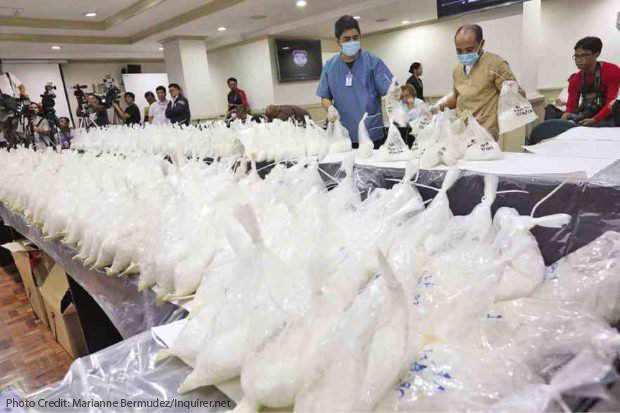

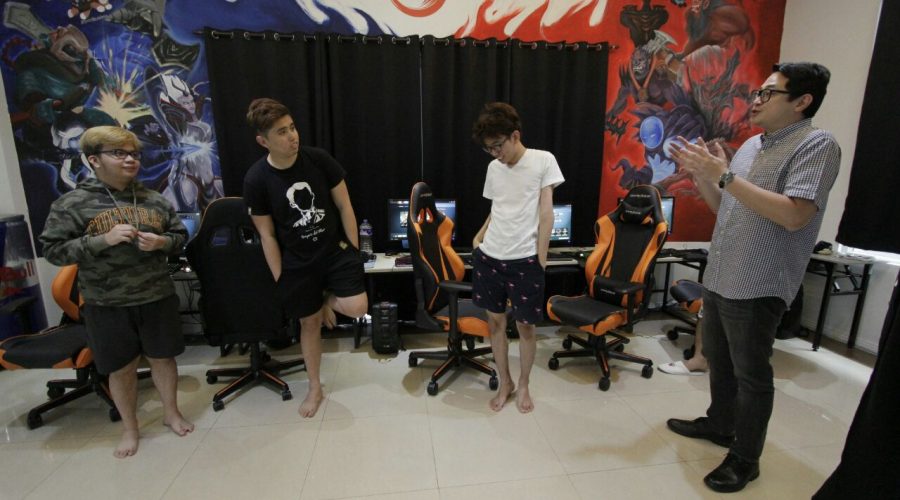

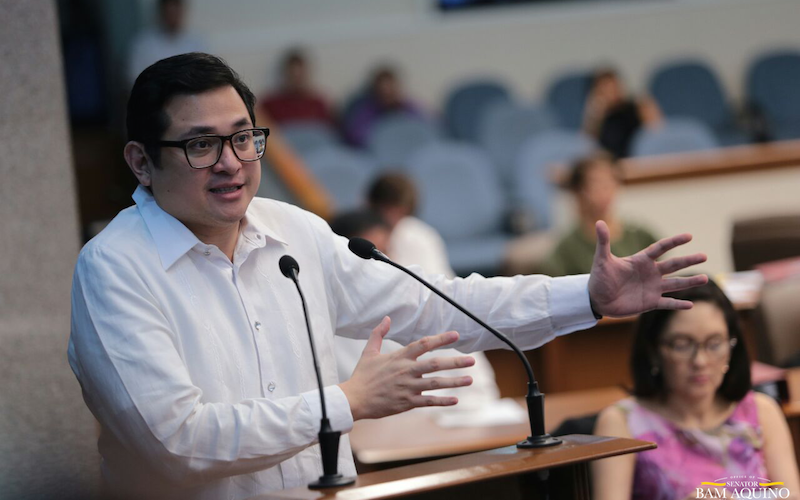
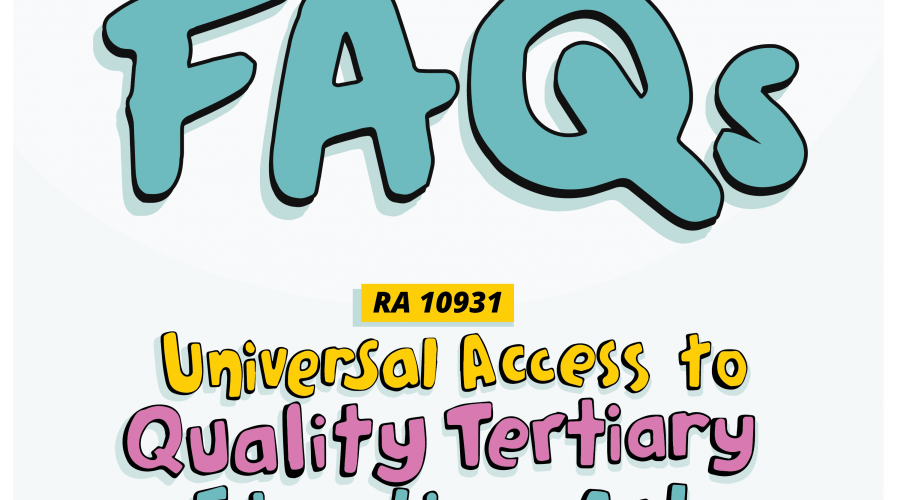
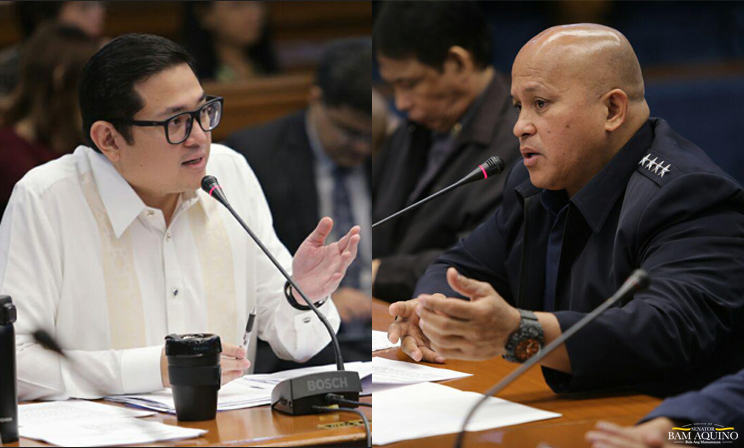

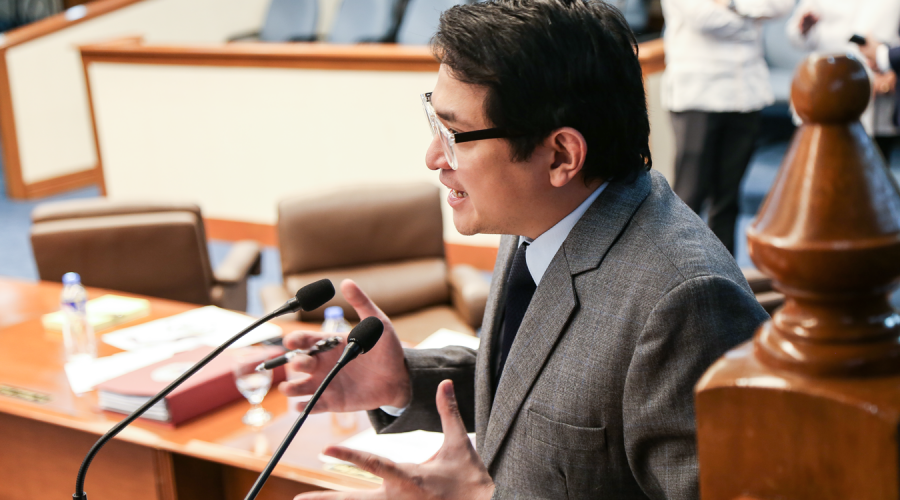
Recent Comments